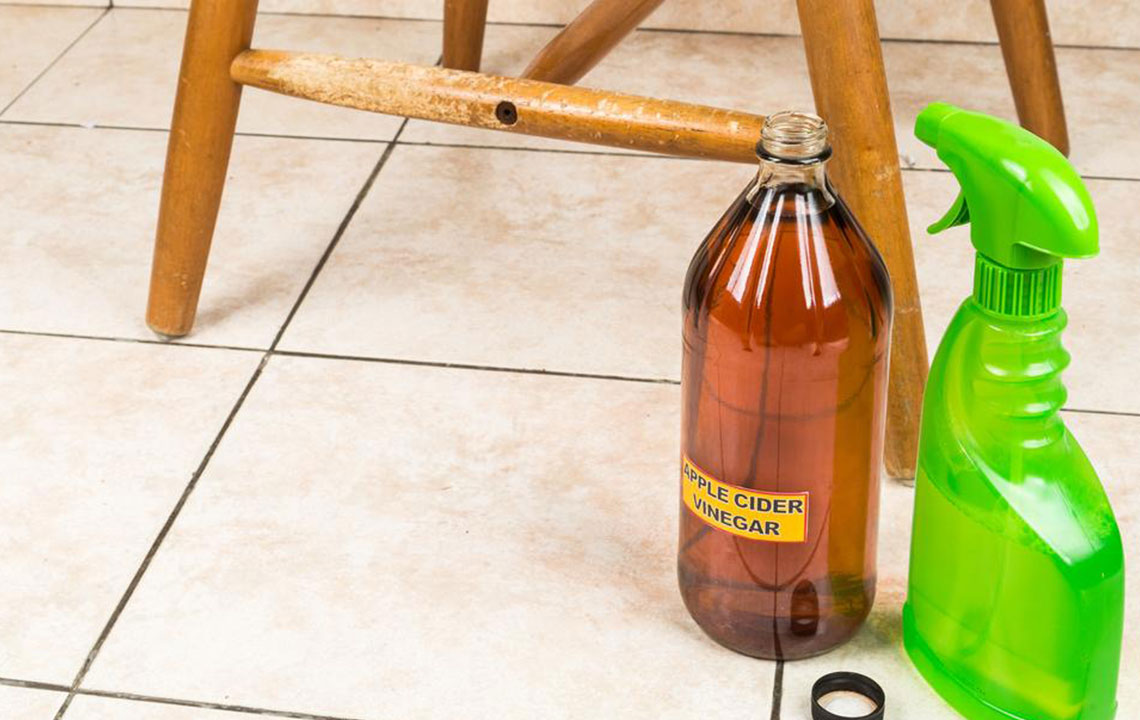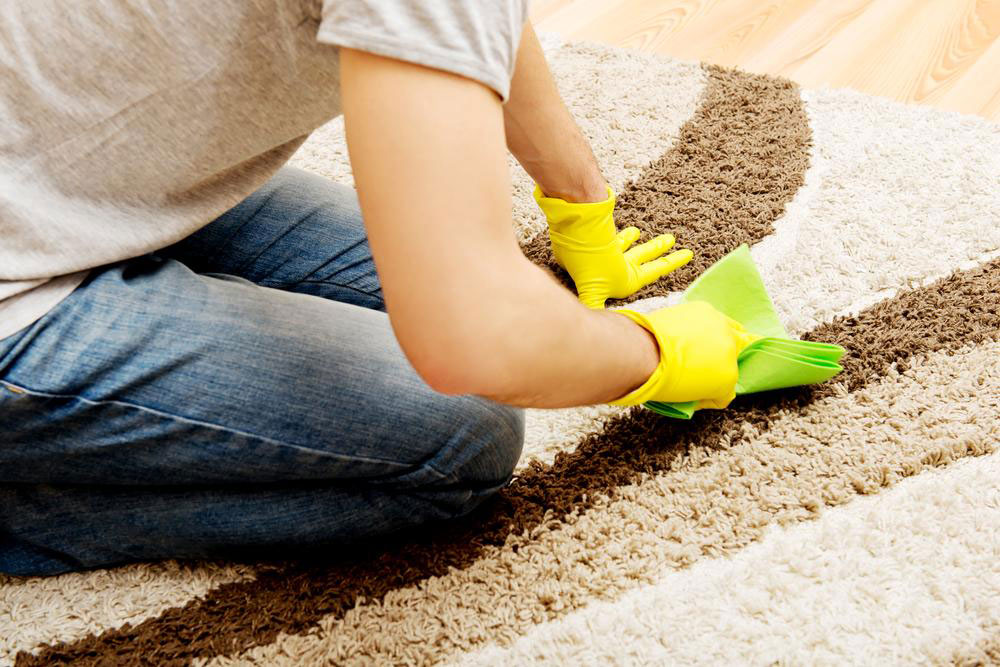Comprehensive Guide to Choosing Safe and Eco-Friendly Household Cleaners
This comprehensive guide explores how to select safe, eco-friendly household cleaners that effectively maintain cleanliness while prioritizing health and environmental sustainability. Learn key tips on ingredients, surface targeting, certifications, and sustainable practices to create a safer home for your family and protect the planet.

Comprehensive Guide to Choosing Safe and Eco-Friendly Household Cleaners
Maintaining a clean home is a fundamental aspect of daily life, promoting health, hygiene, and comfort for all household members. However, the process of selecting appropriate cleaning products can be complex, given the vast array of options available today. From traditional chemical-based cleaners to natural and eco-friendly alternatives, making an informed choice is crucial to safeguard your family's health and protect the environment. This extensive guide aims to provide detailed insights and practical tips to help you identify the safest and most eco-conscious cleaning supplies, ensuring effective cleaning without compromising safety.
Why Choosing the Right Household Cleaners Matters
In recent years, the household cleaning industry has undergone significant transformation. Historically, cleaning involved basic ingredients like vinegar, baking soda, and lemon, which are still popular among eco-conscious consumers. Over time, to meet the demands for more thorough cleaning and stain removal, manufacturers introduced chemical formulations incorporating detergents, bleaches, acids, and solvents. While these chemicals can be effective, they often pose health risks and environmental concerns. Consequently, a shift towards natural cleaning solutions has gained momentum, emphasizing safety, sustainability, and eco-friendliness.Choosing the right cleaning products can be daunting amidst numerous options. Here are essential considerations to guide your selection process, ensuring safety for your family and a positive impact on the environment:
Prioritize your family’s health: Harsh chemicals such as chlorine bleach, ammonia, and strong acids can release toxic fumes and cause allergic reactions or respiratory issues, especially in households with children, elderly, or individuals with allergies. Always check labels for ingredients and opt for products that are free from volatile organic compounds (VOCs).
Identify specific surfaces and cleaning needs: Different surfaces require specialized cleaning solutions. For instance, wood furniture demands gentle cleaners to avoid damage, while kitchen countertops may need antibacterial agents. Use designated products, preferably from reputable brands known for safety and efficacy.
Choose natural versus chemical-based options: Organic or natural cleaning products made from plant-based ingredients like essential oils, citrus extracts, and botanical cleaning agents are generally safer and less toxic. However, they may sometimes be less effective on stubborn stains. Use chemical cleaners sparingly and only when necessary, and always follow manufacturer instructions.
Opt for eco-friendly labels: Look for certifications and labels indicating eco-friendliness such as EPA Safer Choice, Green Seal, or EU Ecolabel. Eco-friendly products are formulated with fewer persistent chemicals, are biodegradable, and pose less risk to aquatic life and ecosystems after disposal.
Evaluate packaging and concentrate options: Consider products sold in concentrated form to reduce plastic waste and transportation emissions. Reusable spray bottles and refill stations further enhance sustainability efforts.
Stay informed and cautious: Read recent reviews, stay updated on green cleaning trends, and avoid products with vague ingredient lists. Seek transparency from manufacturers about ingredients and environmental impact.
Beyond these considerations, practicing good cleaning habits—such as ventilating spaces while cleaning, wearing protective gear when handling chemicals, and storing products safely—can significantly reduce health and environmental risks.
Adopting eco-friendly cleaning practices not only benefits your household but also contributes to global sustainability efforts. By choosing safe, natural, and environmentally friendly cleaning products, you are making a positive impact on your health, the planet, and future generations.
In summary, selecting the appropriate household cleaners requires a thoughtful approach combining safety, effectiveness, and environmental consciousness. Remember, the best products are those that clean efficiently while posing minimal risk to your loved ones and the environment. Make informed decisions, read labels diligently, and prioritize natural and eco-friendly options whenever possible to maintain a healthy and sustainable home environment.





